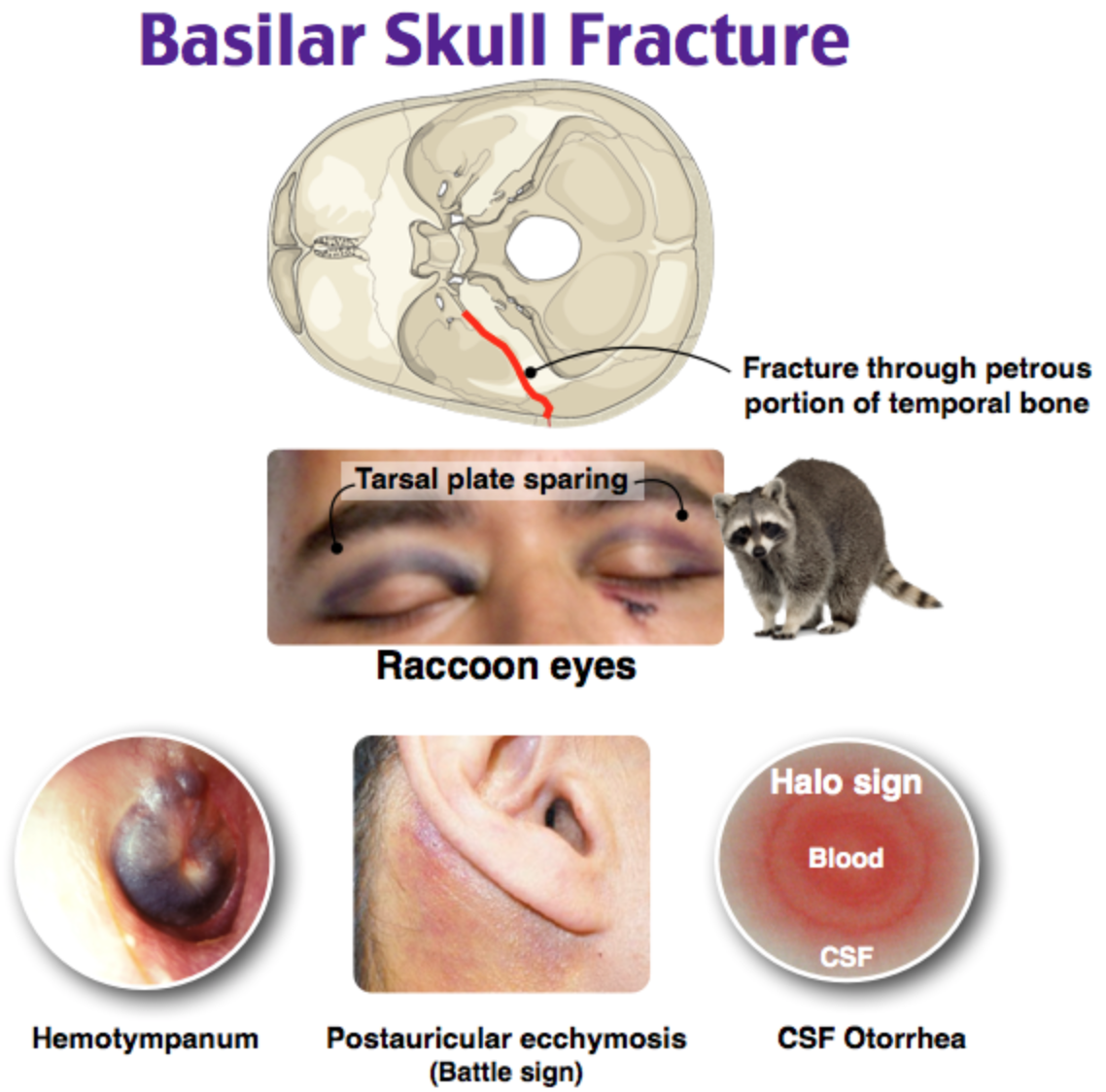
The alarm of seeing a head injury may cause you to overlook other injuries that need attention.

Ask the person his or her name, address, age, the date, location, and the name of the prime minister. Be sure to check for other injuries to the face, mouth, or teeth whenever there is a head injury.Ĭheck your symptoms to determine when to see your doctor. Injuries to the spine, especially the neck, must be considered when there has been a head injury. Trouble breathing, shock, spinal injuries, and severe bleeding are all life-threatening injuries that may occur along with a head injury and require immediate medical attention. When a head injury has occurred, look for other injuries to other parts of the body that also may need attention. Many people have symptoms for as long as 3 months after a head injury, and some even have problems for as long as a year afterward. These changes may be related to stress from the events that caused the injury or from the injury itself. Some people have problems with balance and coordination and personality changes. You may have blurred vision, headache, nausea, vomiting, forgetfulness, or trouble concentrating. Occasionally, after a head injury you may feel as if you are not functioning as well as you did before the injury ( post-concussive syndrome). Even if a visit to a doctor is not needed, watch anyone who has had a head injury carefully for at least 24 hours to see whether signs of a serious head injury develop.

A visit to a doctor is needed anytime mild symptoms persist. Nausea, vomiting, headache, or dizziness may be present. A person with a concussion may appear dazed, stare blankly, or cry for no apparent reason. It is sometimes hard to tell the difference between a concussion and a more serious head injury. Be sure to evaluate the person for signs and symptoms of a head injury after a fall or other type of head injury. Adults age 65 or older, who have had a fall, need to be seen by a doctor right away, even if you don't see any symptoms. A high-energy injury to the head increases the likelihood of a serious injury even more. Head injuries that involve force are more likely to cause a serious injury to the brain. Gunshot wounds are the leading cause of death from a head injury. Sports-related injuries are very common but are not always reported. Men have about twice as many head injuries as women. Sports-related injuries and injuries at work.Falls, which are more likely to involve children younger than age 5 and adults older than age 60.Teenagers and young adults are more likely to be hurt in car crashes than other age groups. Almost half of all head injuries occur during a car crash. Use seat belts and helmets, and make your home safe to prevent falls.Ĭommon causes of serious head injuries in adults include: Often the injury is not severe, and you can stop the bleeding with home treatment. Minor cuts on the head often bleed heavily because the face and scalp have many blood vessels close to the surface of the skin. Bumps, cuts, and scrapes on the head and face usually heal well and can be treated the same as injuries to other parts of the body. Vancouver Coastal Health: MyGuide: Concussion Catalogue.BC Injury – Concussion Awareness Training Tool (CATT).BC Children’s Hospital – Head Injury Advice for Parents and Caregiversįor more information about head injury, including concussion recognition, diagnosis, treatment and management, see:.Only when your child’s health care provider advises you that it is safe for your child to go home in your care, follow the advice on caring for your child at home: If your child’s health care provider finds no signs of a serious head injury, you may be advised to monitor your child in the hours, days and weeks following the injury.

For non-emergency information or advice, call 8-1-1 to speak with a registered nurse any time of the day, every day of the year. If you think a head injury might be serious, call 9-1-1 or visit an emergency department right away.

Speak with a health care provider about the injury as soon as possible. Knowing the signs and symptoms of a serious head injury will help you get the right care.


 0 kommentar(er)
0 kommentar(er)
